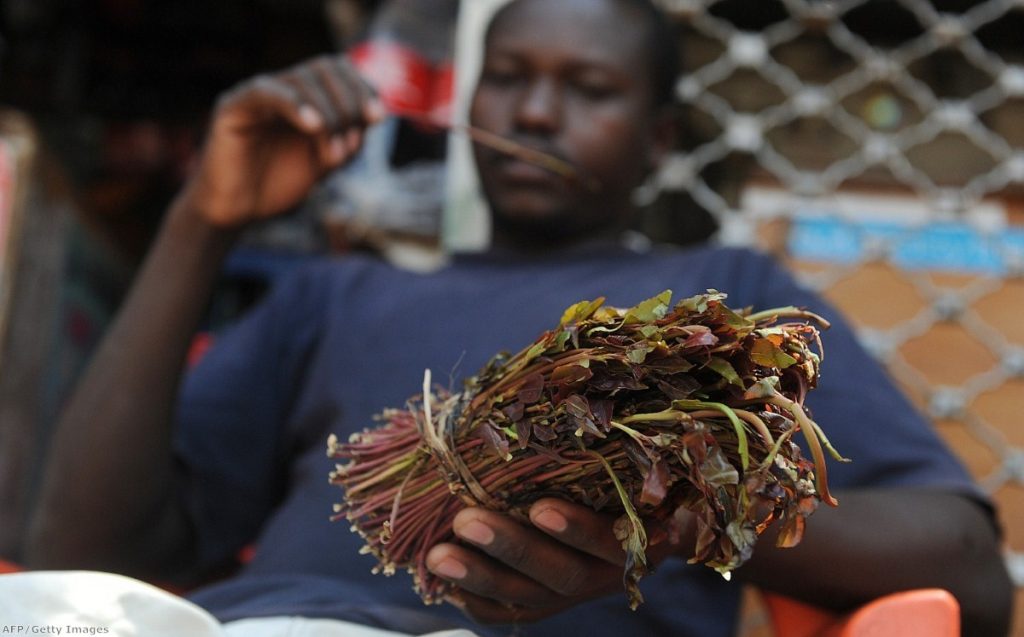Theresa May humiliated as MPs reject call to ban khat
Theresa May's ban on khat was not based on any evidence of medical or social harm and must be stopped before it becomes law, an influential committee of MPs found today.
In a humiliating move for the home secretary, the home affairs committee recommended that the government halt plans to ban the drug, which is popular among some African communities.
"It is extremely worrying that such an important decision has not been taken on the basis of evidence or consultation," chairman Keith Vaz said.
"The expert Advisory Council on the Misuse of Drugs conducted a thorough review of the evidence and concluded that no social or medical harm resulted from the use of Khat."


He added: "It is baffling that potential friction, between already disadvantaged communities and the police, has not been fully considered.
"We cannot afford for those who are already marginalised to be pushed towards criminality or extremism."
The government halted a Commons debate on adding khat to the drugs controlled under the Misuse of Drugs Act to wait for the home affairs committee report – suggesting it is nervy about the move and liable to take the committee's findings on board.
Such a move would be profoundly embarrassing for the home secretary, who can usually expect to see all recommendations about drug prohibition quickly enforced, regardless of whether they are substantiated by scientific evidence.
But experts are particularly concerned that a ban would rob many importers and exporters of their livelihood and drive them into the arms of Al-Shabab, an Al-Qaida-linked group operating in the country.
"It is wrong to place legal importers in the impossible position of choosing between a life of potential hardship or one of crime," Vaz said.
"It is vital that prohibition in the UK does not result in an increase in recruitment of Al-Shabab abroad."
The report demonstrates a new found confidence from the home affairs committee, which enjoys relative high levels of success in turning its recommendations into policy.
MPs on the committee currently average a 60% success rate for government acceptance of their recommendations.
That did not apply earlier this year, when a committee recommendation for a royal commission to look into Britain's drug laws was instantly rejected by the government.
But the relatively warm reception to the recommendation in the usually hostile tabloid press has seen a more confident approach from the committee when it comes to discussions around drug regulation.
The report said there had been no convincing evidence that the consumption of khat is linked to any medical or social harm, and found that to control it as a Class C drug would be "disproportionate".
It criticised the Home Office for not undertaking any consultation at all with members of the Somali, Yemeni and Kenyan communities who use Khat in the UK – or those who produce it abroad.
MPs concluded that the potential negative effects, both on the diaspora communities who consume khat in the UK, and on the growers who cultivate it in Africa, outweighed any possible benefits of the ban.
The ban on Khat could also damage UK-Kenya relations, the committee found.
Earlier this week, Kenyan MP Florence Kajuju urged the UK not proceed with the ban on khat, which has a significant role in cultural and social pastimes for many Africans.
For instance, Kenyan families traditionally offer a bag of the mild stimulant when proposing marriage and the woman's acceptance of the bag means she agrees.












